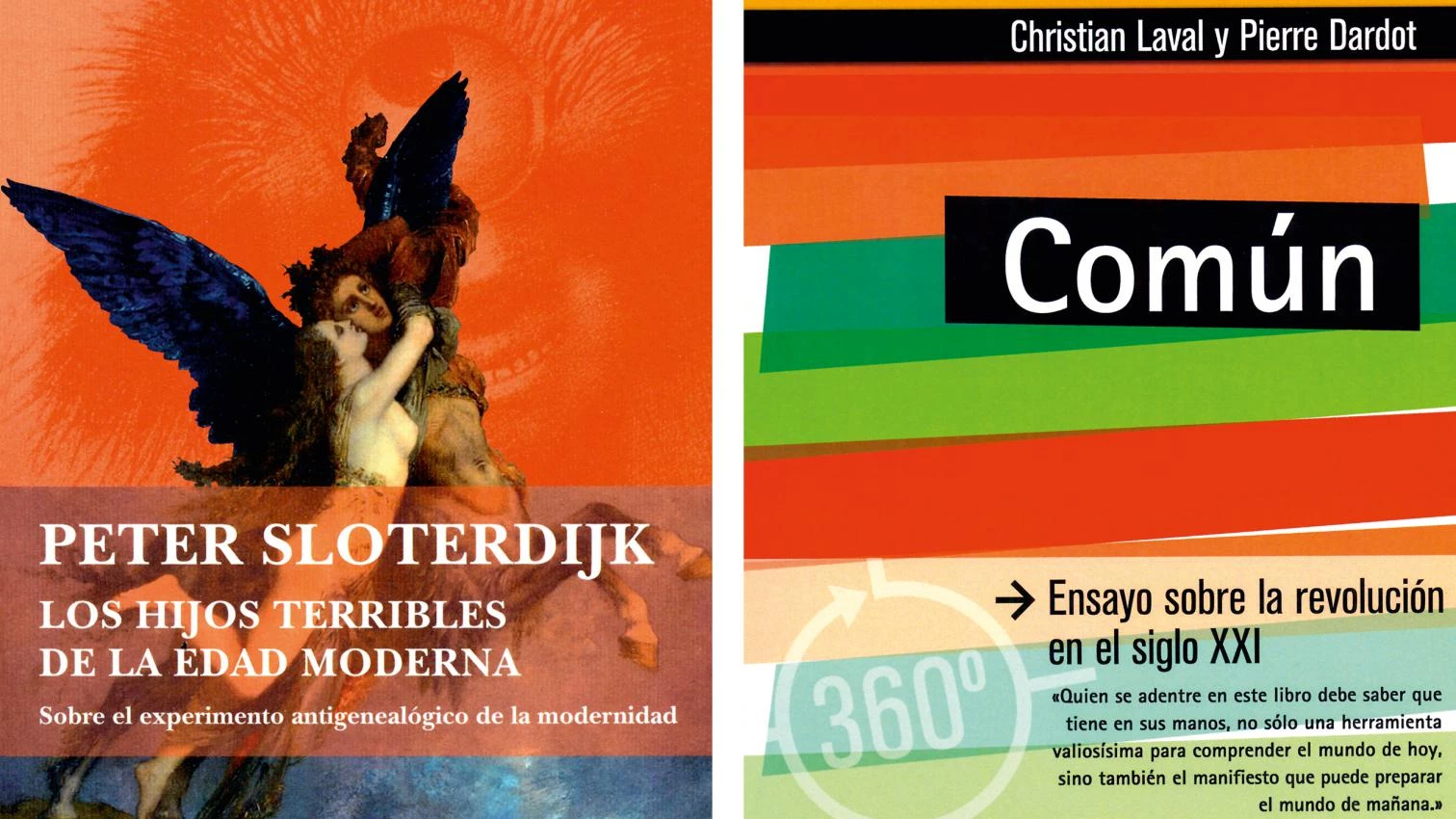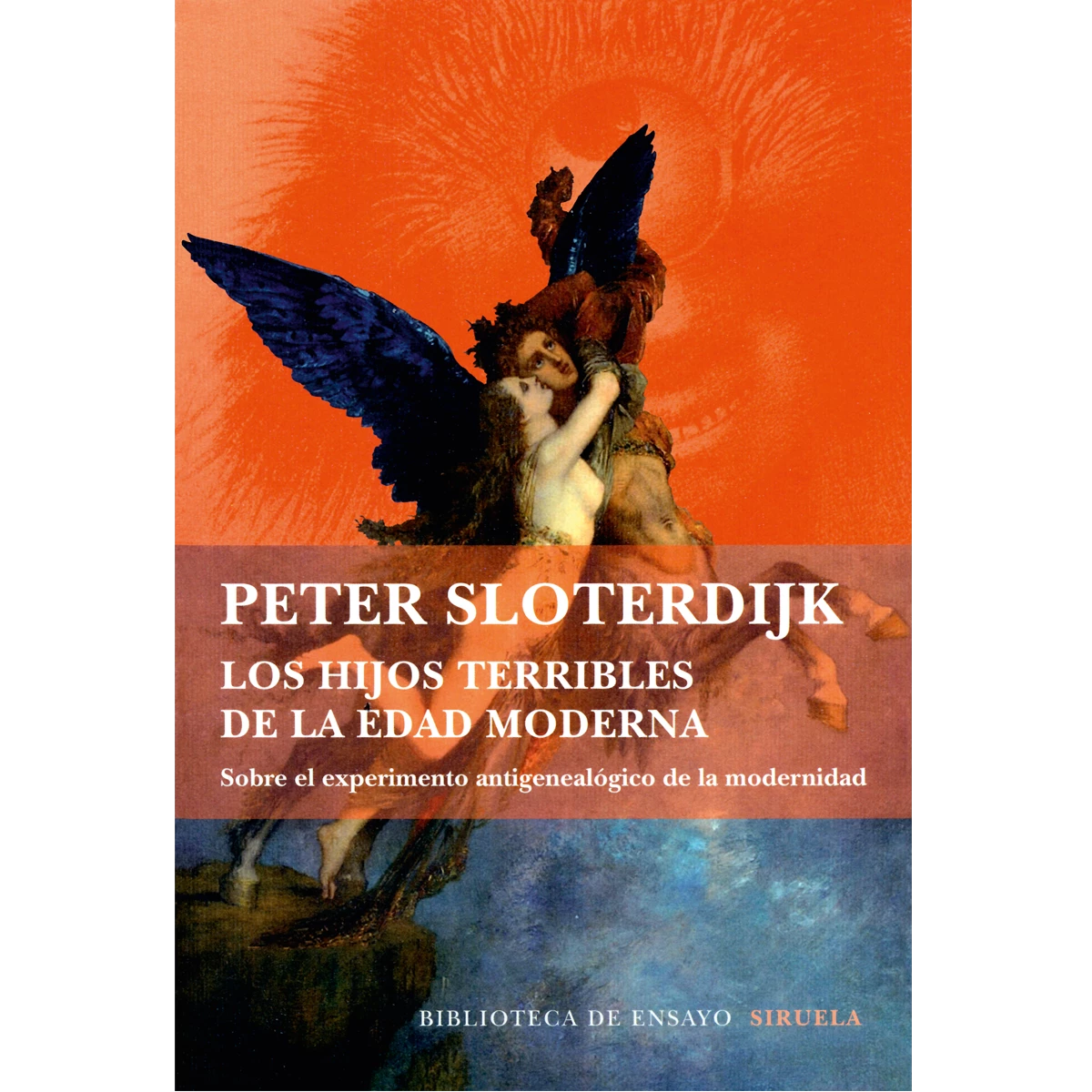
Après nous, le déluge. Two recent essays open with the phrase attributed to Madame de Pompadour when French troops fell to the Prussians in 1757, and both stretch its usual interpretation as an epitaph of the Ancien Régime to use it as an emblem of the suicidal drift of modernity and capitalism. The philosopher Peter Sloterdijk believes that civilization is threatened by the modern interruption of the generation-to-generation transmission induced by the ghost of liberty, and in his newest work assures us that “today’s uninhibited do not celebrate a party in Saint Moritz, Dubai or Moscow without the famed quote of the marchise floating in the air.” For their part, the sociologist Christian Laval and the philosopher Pierre Dardot, who uphold ‘the common’ as the political alternative to a ‘cosmocapitalism’ that is destroying living conditions on the planet, put the words in the mouth of the French king to affirm that “the true ‘spirit of capitalism’ was never better reflected than with the expression attributed to Louis xv: Après moi, le déluge!” Two books opposed in diagnosis and temper, but sharing a malaise with modernity.
Sloterdijk deplores the revolutionary hiatus that broke the smooth handing down of the parental legacy to descendants, fracturing the material and symbolic kinship with a tabula rasa that requires permanent resetting, after the sinking of the world in the marquise’s deluge. Thus, from the permanent revolution of Trotsky to the permanent innovation of Schumpeter or the permanent usurpation defended by the carnival of contemporary art: “What the marquise forecasted was a permanent deluge.” Criticized in Germany for its apocalyptic view of the consequences of the Enlightenment, the philosopher’s book is a dark portrayal of the contemporary but also an eloquent defense of tradition and hierarchy.
Laval and Dardot, in the heat of the current struggle against neoliberalism, offer a theoretical foundation for the alterglobalist and ecologist movements that can break “the false alternative between State and market” through ‘the common,’ questioning the philosophical, juridical, and economic base of capitalism while turning their back on state communism. Inspired by Arendt and Castoriadis but above all by Proudhon, they describe the rise of the common; demand – in dialogue with Schmitt, Luhmann, and the Commonwealth of Hardt and Negri – an institutional power that questions private property, to replace it with right of use; and propose a new ‘federation of the commons.’ Whether the deluge of our days is the sinking of tradition or the storm of capital, the oceanic malaise with modernity has made the waters of populism rise, and this flood will not wane while the economic and social fountainheads that feed it keep sprouting.







